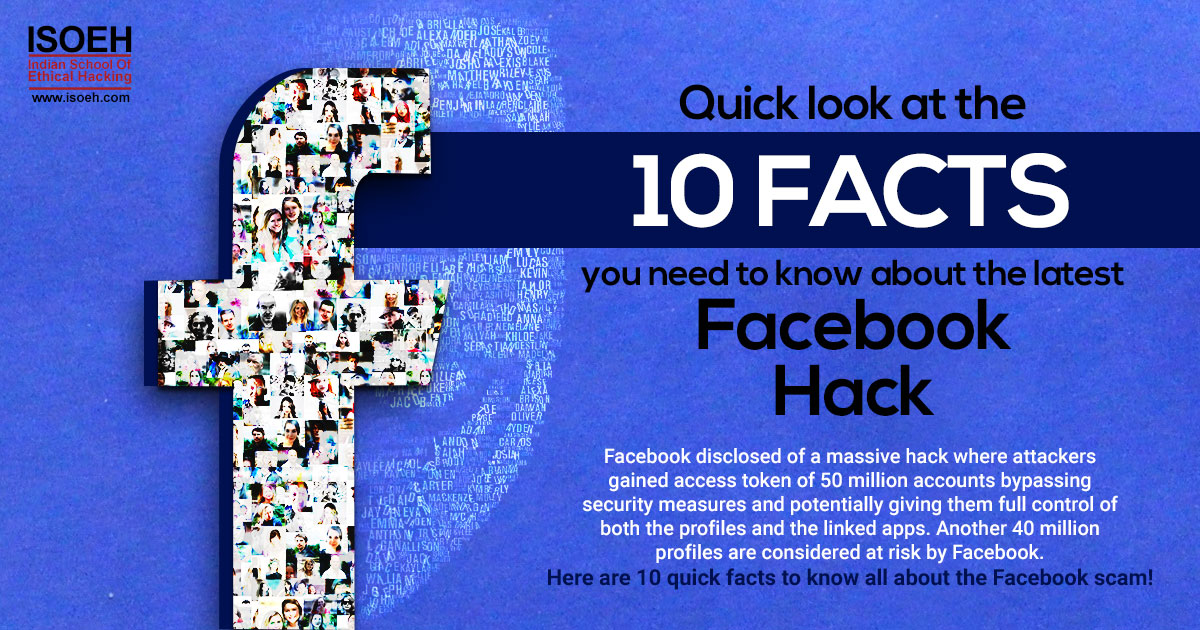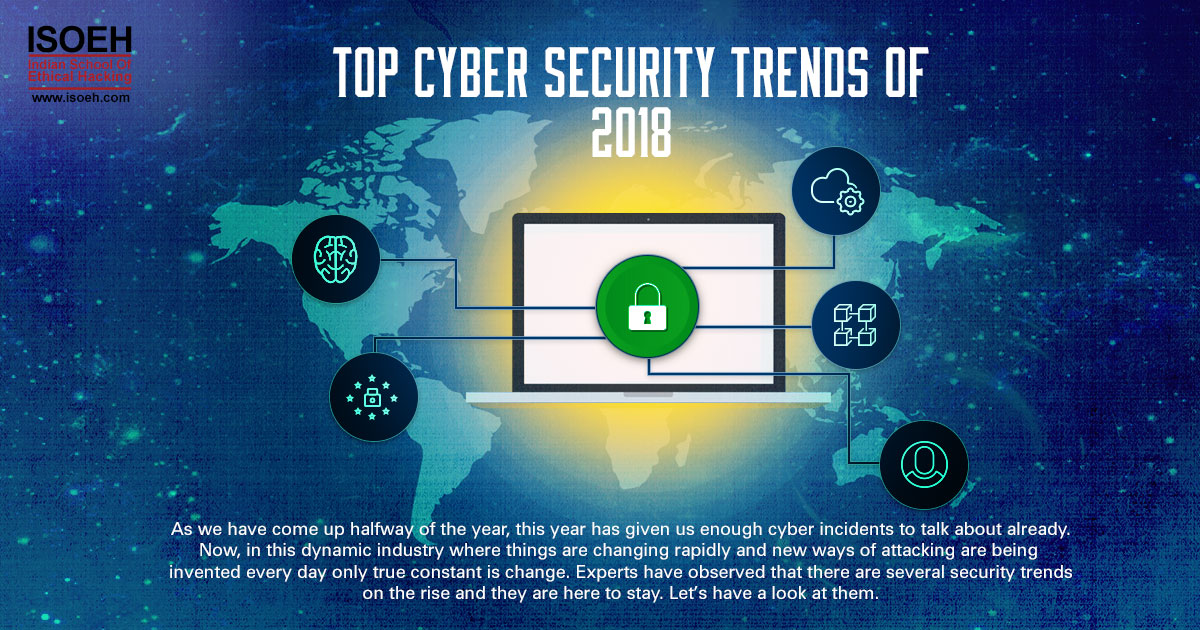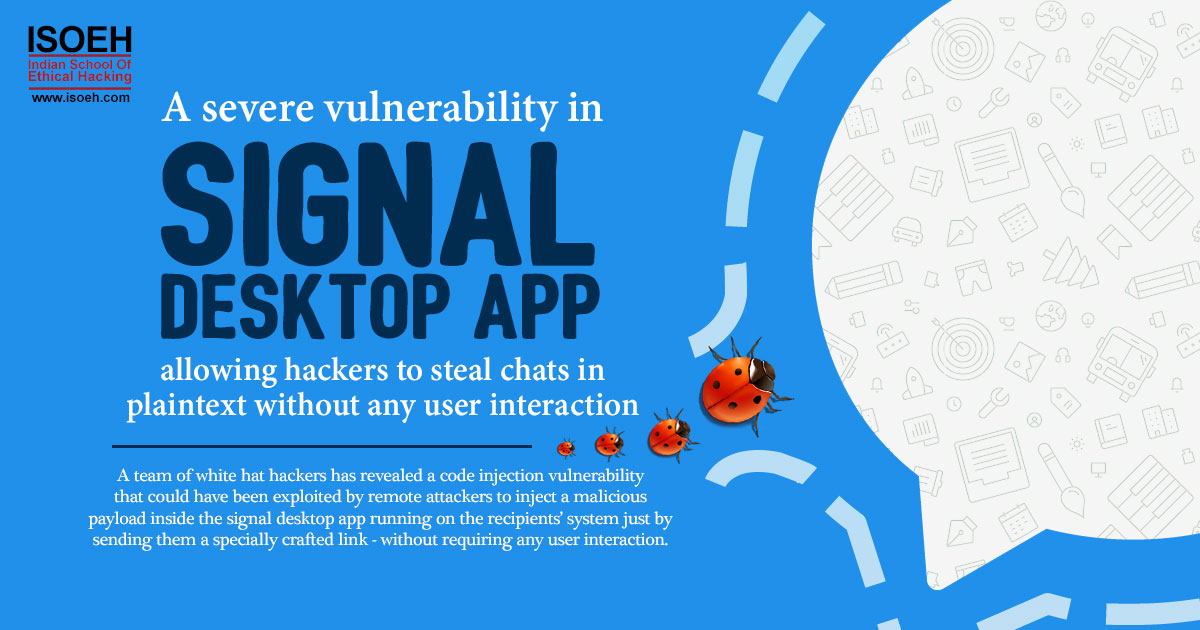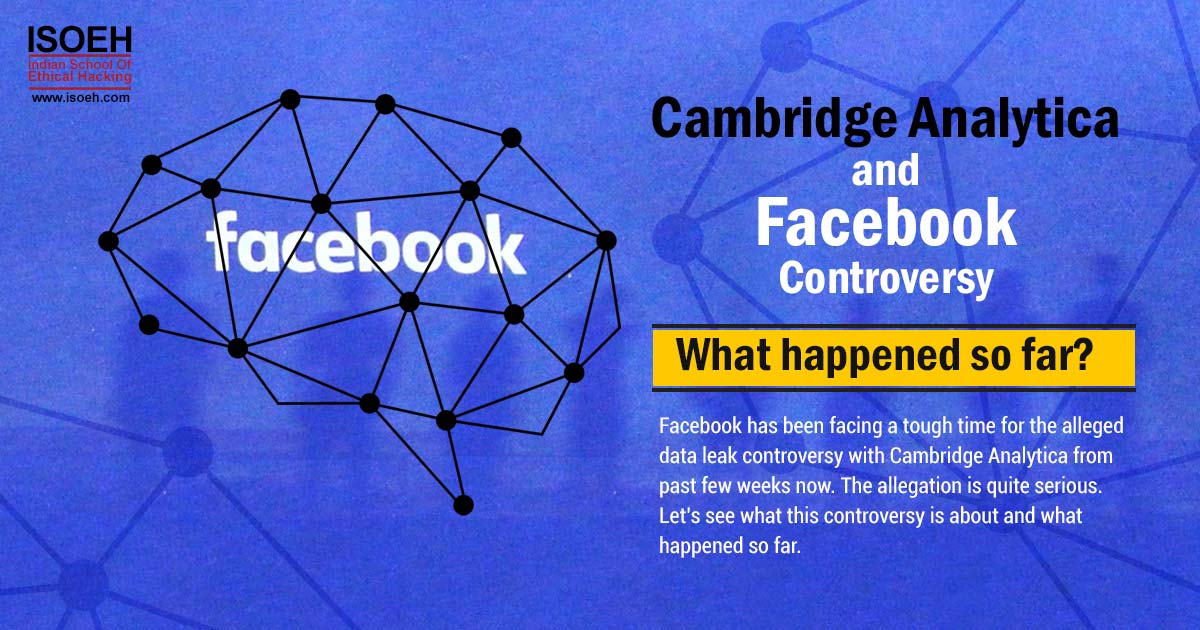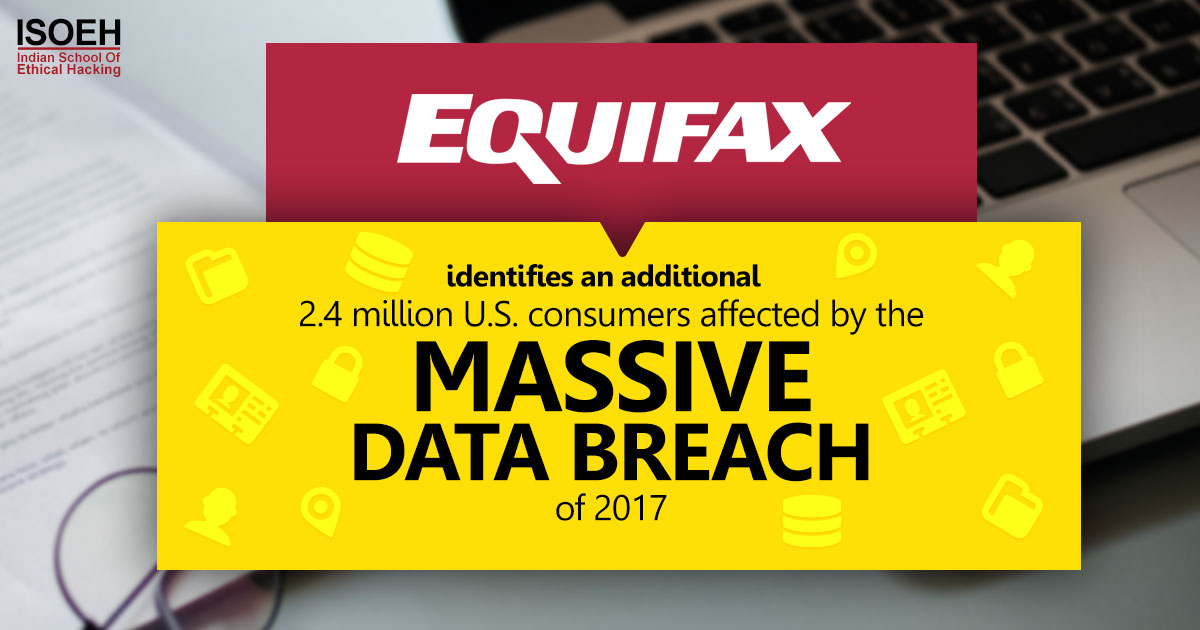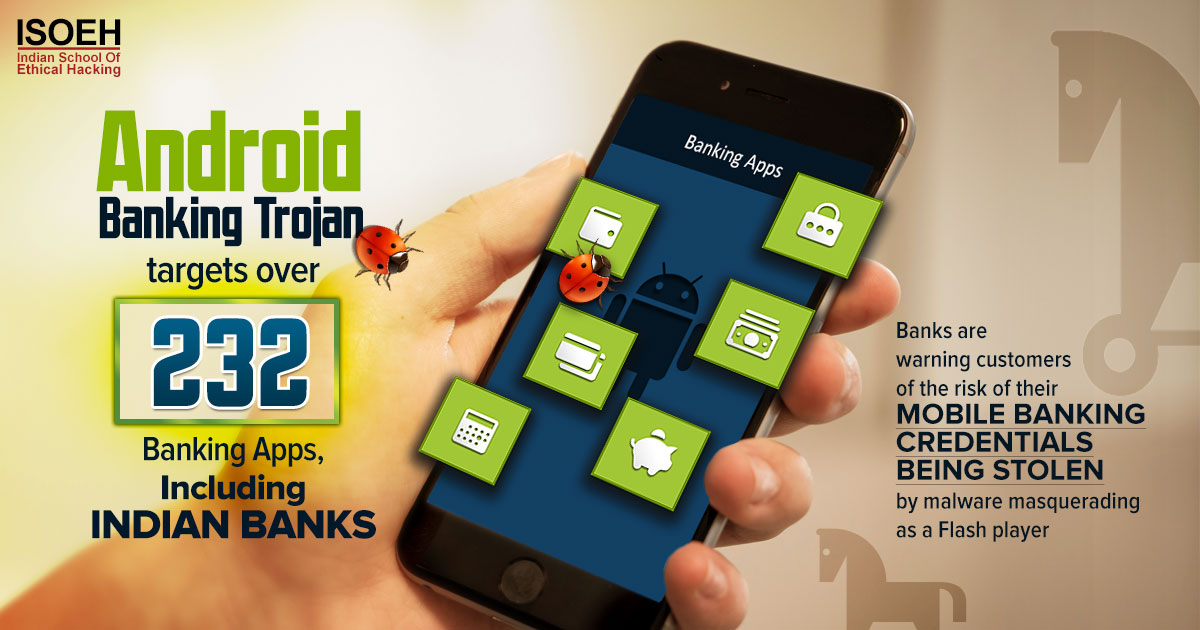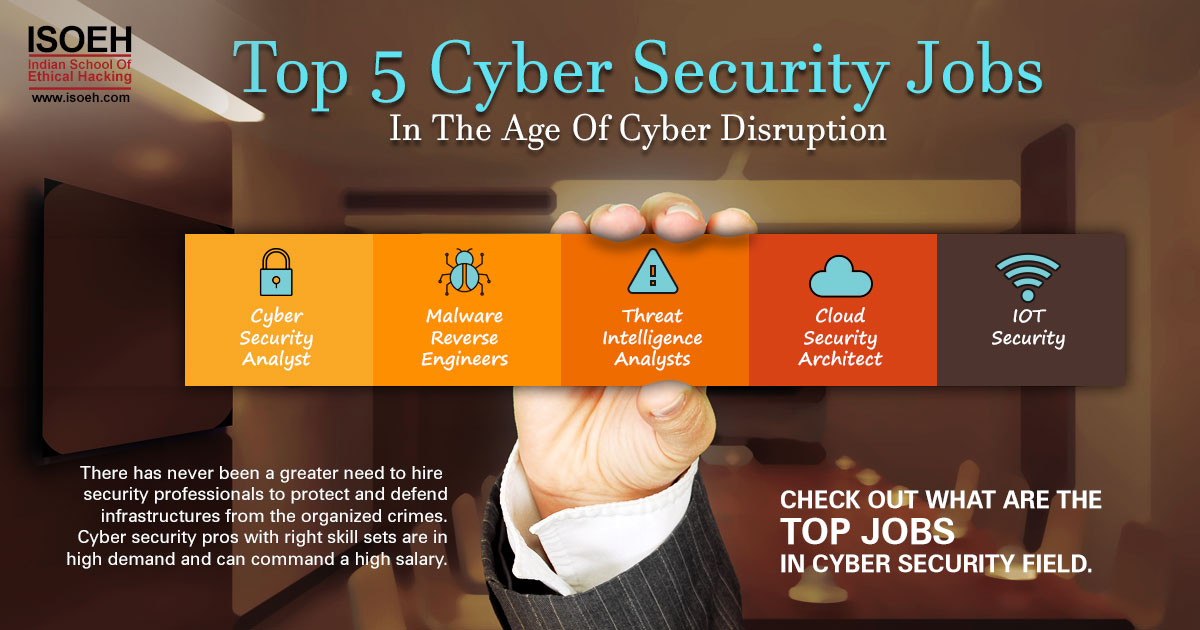
The intensity and seriousness of large-scale breaches and growing innovative cyber attacks, companies are putting more stress on cyber security. In an age, when we are so dependent on technology and like to be a part of the way of the world i.e. Digitalization, we are knowingly or unknowingly exposing our personal details every time we are connected to the world 'wild' web and we are trapped in that cyber world where disruption is inevitable.
Last year, we witnessed some of the biggest cyber attacks and this year is not the exception either. Every organization, whether private or nonprofit, needs professionals who can protect its data. With the enforcement of GDPR, the biggest data protection law to date, companies are trying to avoid non-compliance penalties. And the demand for cyber security professionals is continuing to grow. "As more and more devices connect to the internet and each other, we can expect that securing information will remain a top priority for individuals and companies alike," the report (Tech Pro Research) stated. "This is good news for those in the cyber security space, as demand for their products and services will likely continue to increase and lead to more jobs."
There has never been a greater need to hire security professionals to protect and defend infrastructures from the organized crimes. In the broader cyber security professional landscape, certain roles are attracting a large number of skilled professionals to fight with the modern age evil named 'cyber threat'. According to popular job searching portal Indeed, between March 2017 and March 2018 postings of roles in cyber security field increased by 3.5% and job searches for cyber security roles increased 5.7%.
1. Cyber Security Analyst:
Cyber security analysts are valued for their ability to protect sensitive data of an organization from cyber attacks. They are on the front lines of a company's cyber defense. These professionals are often employed by IT service providers, banking and financial services, government agencies and healthcare companies. They are responsible for identifying, analyzing and reporting on events that have occurred or may occur on the network using information collected from threat monitoring tools and other sources. This is a good option for a kick-start beginning in cyber security field especially in a company with well developed cyber workforce development program. However, people eventually go for more specialized roles in engineering, compliance and penetration testing after gathering few years of experience as a cyber security analyst.
2. Malware Reverse Engineers:
Defending against cyber crimes or threats is possible when someone has the clear idea about how the threat works. That's where malware reverse engineering crops in. Malware represents one of the greatest threats that the organizations face today and IT departments are coming to understand that their anti-virus tools can do very minimum to protect them. When malware is discovered on their systems, they are naturally worried about how it is infecting the systems. Malware Reverse Engineer examines malicious codes to detect how it operates. This requires a significant amount of technical aptitude – both in programming and operating system realms as well as an insatiable curiosity.
3. Threat Intelligence Analysts:
Threat intelligence analysts are appointed to solve big puzzles around cyber security threats. It is often thought that 'Threat Intelligence' is just a collection of “indicators of compromise” or limited to information about particular cyber threats. Whether threat intelligence actually helps to identify and address potential vulnerabilities in the operations and prepare accordingly. The analysts need to understand how malware works and how to fight against it. Cyber threat analysts conduct all-source analysis, digital forensics and adversary targeting to identify, monitor, asses and counter the threat. The job role demands initiative, creativity, analytical skills and technical expertise.
4.Cloud Security Architect:
Today, most important and confidential information is stored in the cloud and for that data security during transmission as well as in-store has to be ensured. A large number of businesses are now relying on cloud computing and the security of data has become a key concern for organizations. Cloud security concerns range from securely configuring virtual machines deployed on an IaaS platform to managing user privileges in a PaaS cloud. Cloud security architectures should have the ability to engage with key stakeholders in developing a strategic solution that aligns with the business goals of the organization.
5. IOT Security:
In the age of digital transformation, Internet of Things (IoT) is surely a key component for all the obvious reason. With the robust digital transformation, we cannot ignore the great digital disruption we are experiencing every day. When it comes to security, professionals who can help in mitigating the associated risk are in high demand. This includes managing the devices themselves as well as overseeing information flows and understanding key points about distributed environments and edge computing.
So, cyber security pros with right skill sets are in high demand and can command a high salary. And the demand will be increasing every day as we are prone to get trapped more into the cyber world and need to be rescued.
Hacking Tools
Explore All Hacking Tools »
UFTP is an encrypted multicast file transfer program for secure, reliable & efficient transfer of files. It also helps in data distribution over a satellite link.
Read DetailsBreaking News
Breaking News Of Each Month »
The recent pandemic was unexpected and unknown to most part of the world. It has changed our life and we are slowly adapting to our new lifestyle. The risks associated with the new lifestyle, both personal & corporate, are unknown to most of us.
Read Details


